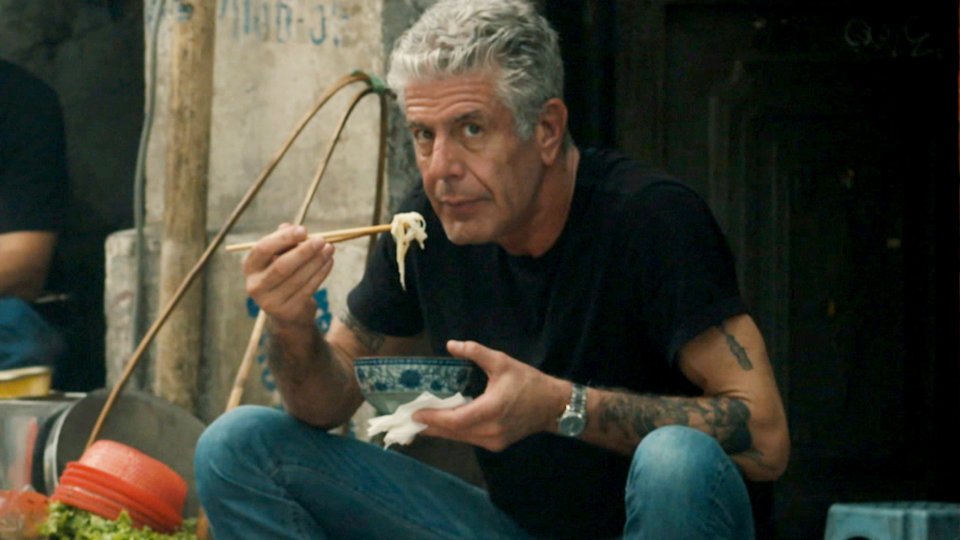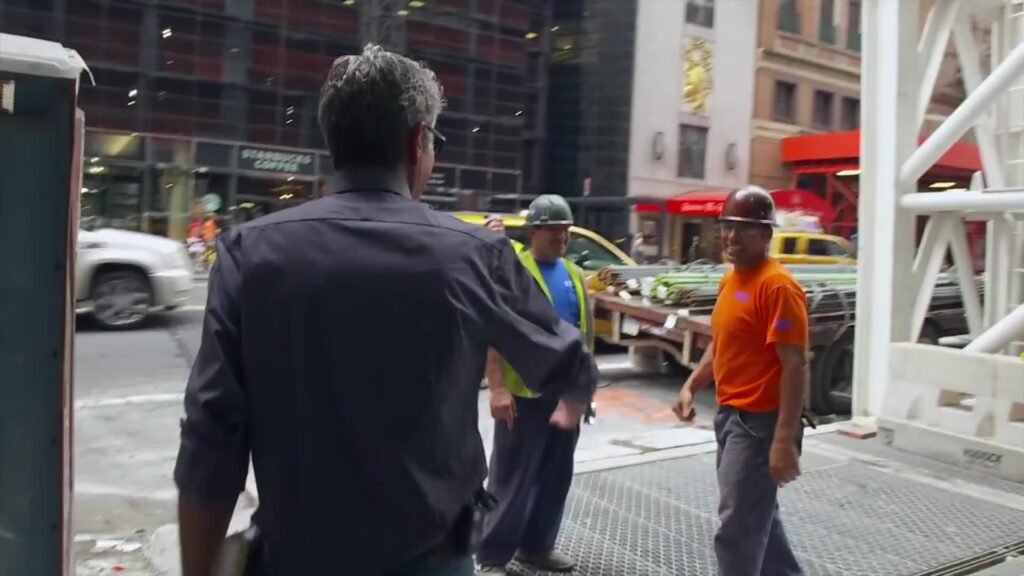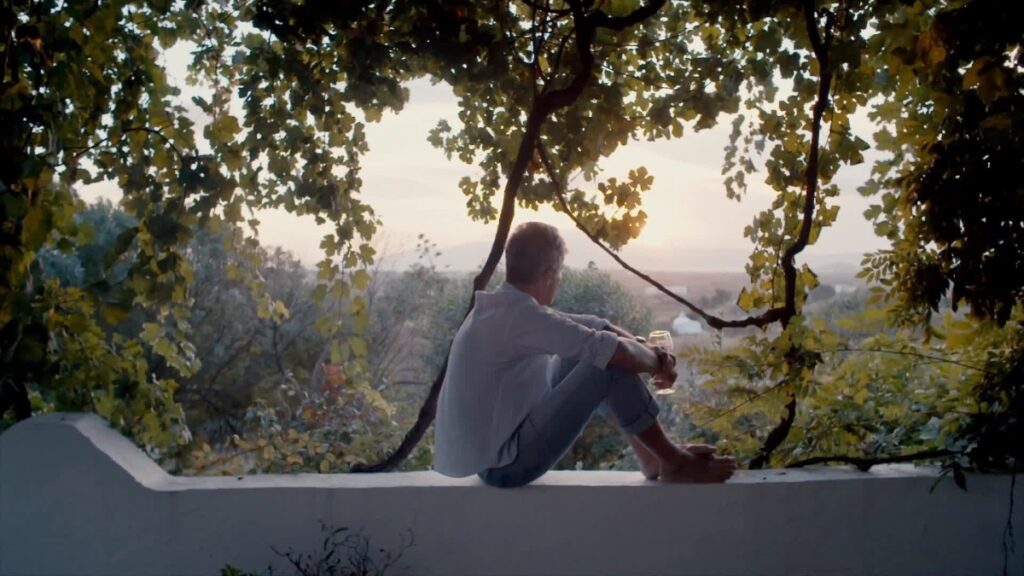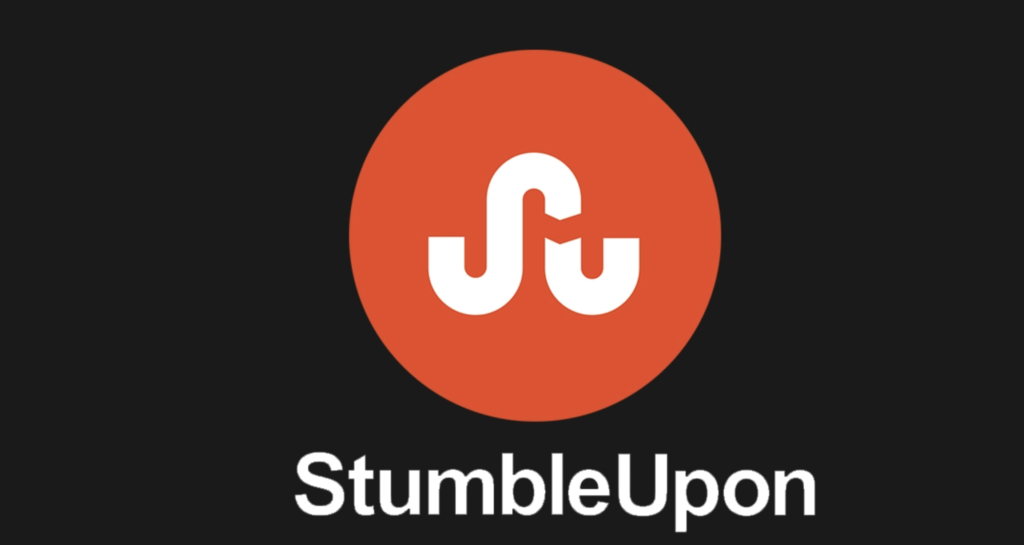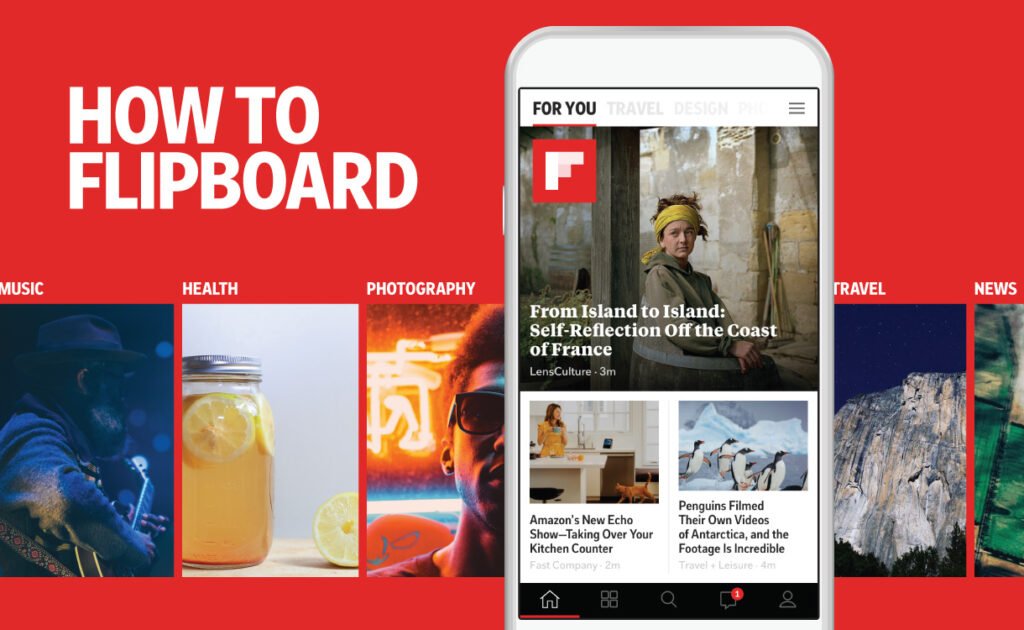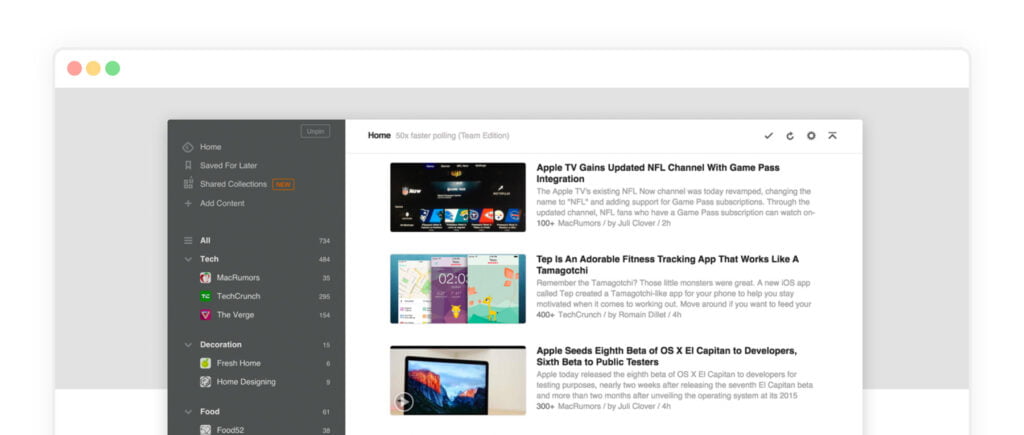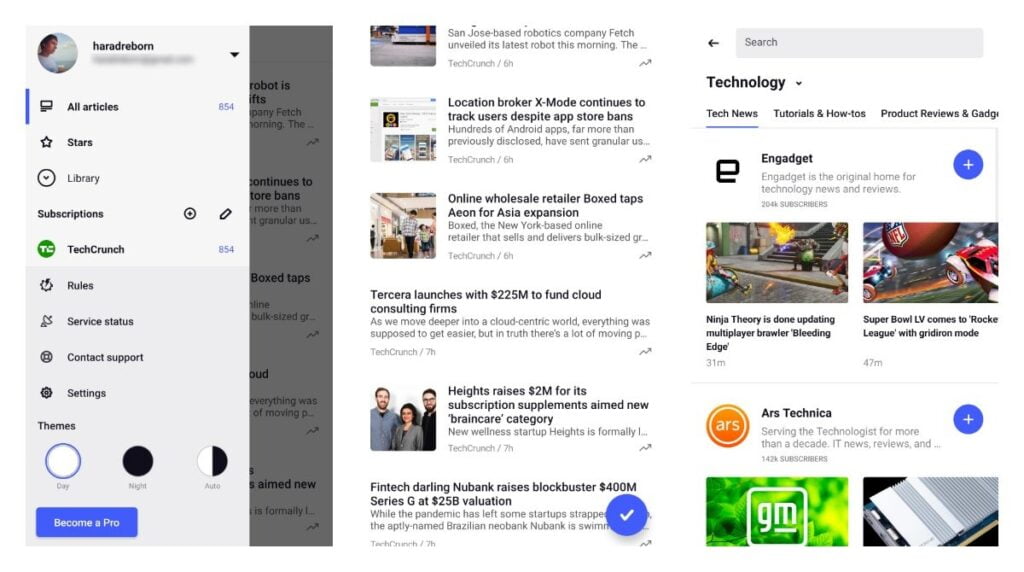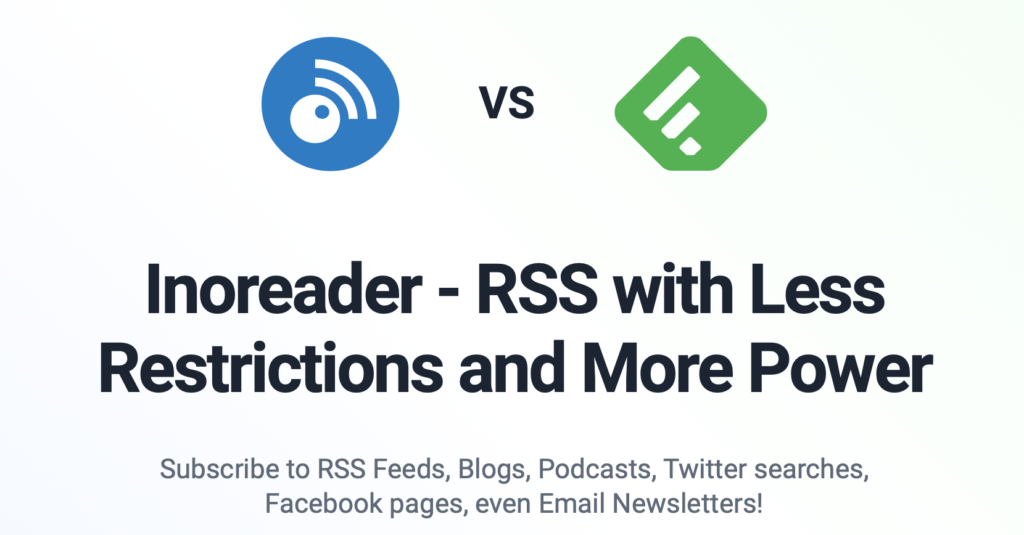Charting the meteoric rise and the ever changing landscape of the medium.
Yeah. What’s written above.
This ain’t going to be a puff piece on podcasting. It’s not going to dive into the numbers and statistics and nor will it bore you to death about the billions of dollars the untapped industry stands to generate.
Eh, in all probability it will end up being just that!
But, for a complete backstory and the History of Podcasting you should check out well, ‘The History of Podcasting’. If only everything else were that simple!
Fun Fact: According to Wikipedia, “In October 2000, the concept of attaching sound and video files in RSS feeds was proposed in a draft by Tristan Louis. The idea was implemented by Dave Winer, a software developer and an author of the RSS format.”
This is mostly a fun fact because I wrote an article about RSS Readers – How I Read Online – a couple of weeks ago. Just reminding you all. And now you know, if you didn’t.
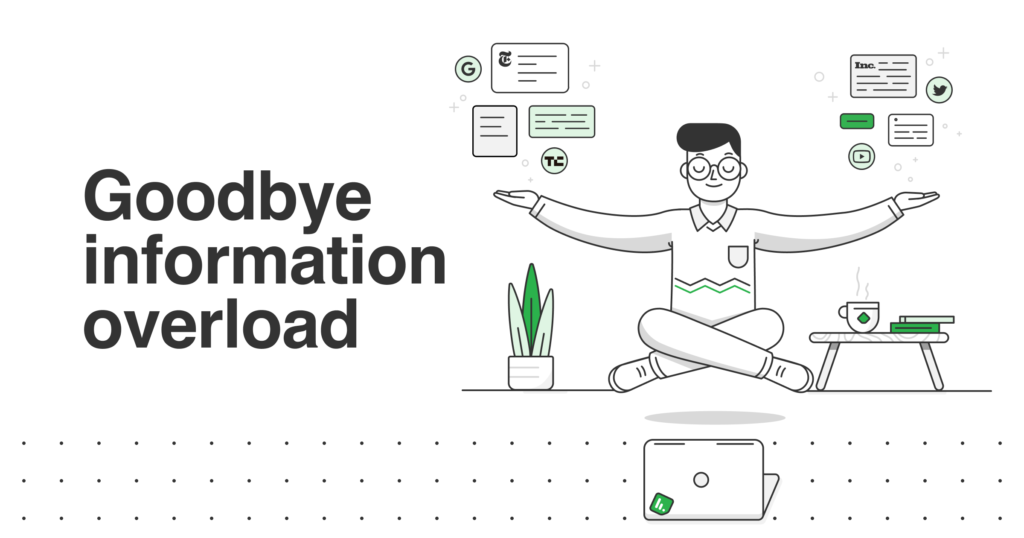
So where were we? Aah! Yes.
Podcasts.
With the advent of ‘Big Little Screens’ – Yes. Very Meta of me! – we were ushered into an era where radio started being shunned and the visual was everything. Our eyes were being trained and conditioned to look at shiny white pearls, like tiny drops of rain on a leaf, glistening and sliding across the surface until one encounters another.
Enamoured, entranced, and not knowing where to look next, the digital age ensnared the senses – run by the might of Technical Boy (An American Gods reference, and this is controversial, but I feel the show is better than the book) – and successfully frying our eyes out of our sockets and rendering us oblivious to the world around.
The first time I ever read the word ‘podcast’ was when I decided to ditch Winamp – still alive and ‘Whippin’ the Llama’s *ss’ apparently – and fire up the freshest and hippest audio player you could lay your hands on – iTunes. There was a dedicated Podcast tab and whenever I’d click on it, it would lead to a window which had absolutely nothing on it. Ingenious!
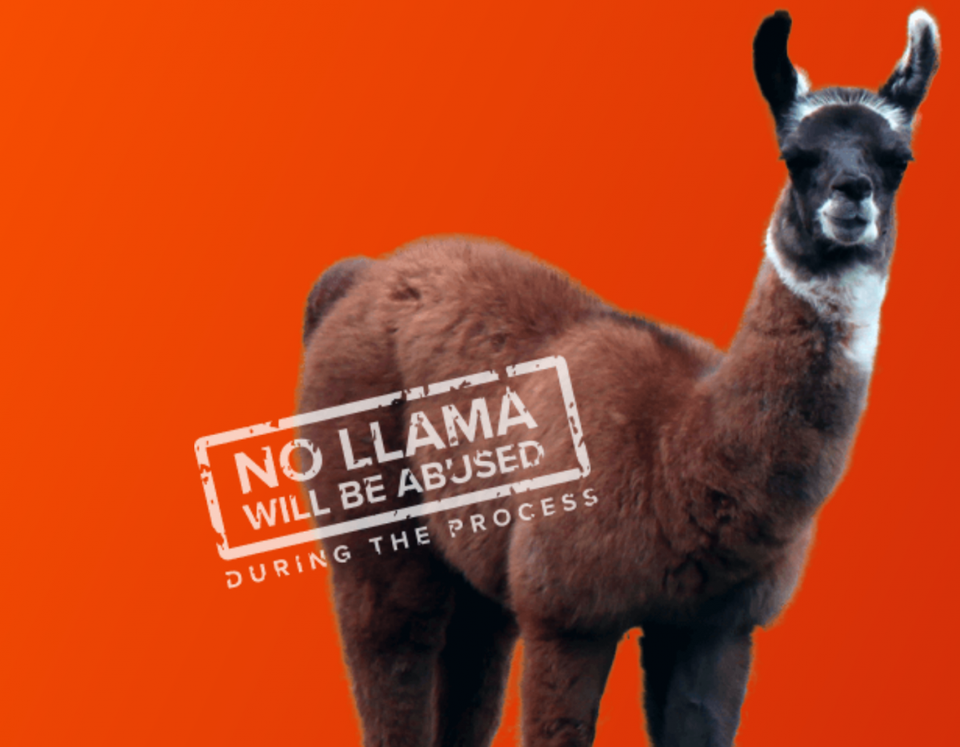
Alright. Alright. It was mostly me not knowing what to do.
But to be fair, you can’t just dump an esoteric niche feature – lying in the far reaches of an undiscovered World Wide Web – on a teenager whose sole purpose was to blast those tunes while staring into the hypnotic void of a visualiser.
The second instance of a close encounter was when Mugglenet – The #1 Wizarding World Resource since 1999 – started its own audio segment called MuggleCast. Yes, they still exist!
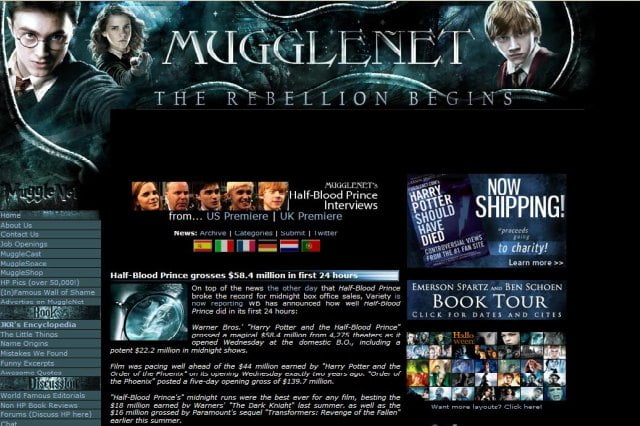
Fast forward an entire decade. The year is 2018, I still don’t know what all the fuss is about.
Until one dark terrifying night.
Streaks of light flashed across the sky and the heavens rumbled as The All-Father – yeah, still on that American Gods trip – clapped his hands with glee – fear and trepidation hung in the air. Visual fatigue coupled with a desire to embrace the rhythm and flavour of the night, egged me on to finally follow Alice down the rabbit hole.
But where does one begin?
A quick google search brought up multiple links with lists of the top podcasts. One name stood right at the top of each of them – Serial. A show that had grown into a hugely successful investigative journalism non-fiction narrative, spanning multiple episodes. In hindsight, it’s safe to say, had Serial not been around, my foray into the world of audio storytelling would have stopped dead in its tracks.
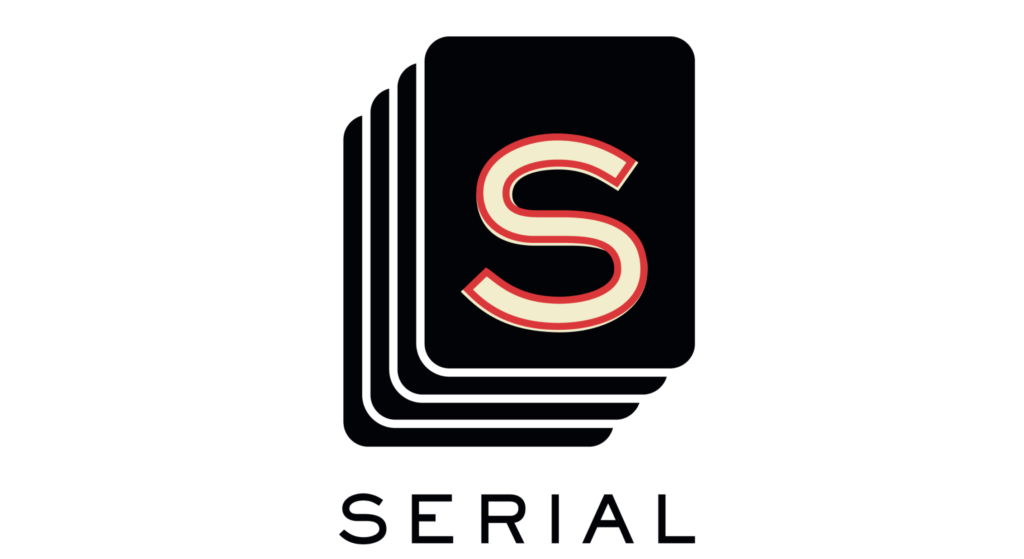
Engrossing, taut, chilling and exquisitely crafted, the show was the perfect gateway into the world of audio narratives. With three seasons under its belt – it’s an anthology – Serial set the bar for what podcasts could be and inspired countless other shows across genres.
The rest is history. Listen in.
All The World’s a Stage
While journalism paved the way, there’s been an interesting twist, in recent years, with a sudden surge in content that caught everyone off-guard.
When it comes to the entertainment industry, podcasts have become a medium for going beyond the obvious visual experience – by trying to add an extra dimension and layer, prior to the involuntary action of googling, right after watching your favourite shows. Streaming giants like Netflix, Amazon, Apple, HBO are either buying companies (Gimlet Media, Wondery, Anchor or are setting up studios – pushing original content or spinning off their existing shows into companion series.
Turns out Sidekicks are pretty cool!
HBO, for example, has been doubling down on its strategy of rolling out most of its limited series (some extremely popular dramas like Succession have made the cut as well) with companion shows – diving deeper into the development and production with behind interviews with the writers, directors, actors and producers – providing fans a holistic and well rounded ‘complete’ experience – Chernobyl and Watchmen being some of the best companion podcasts out there.
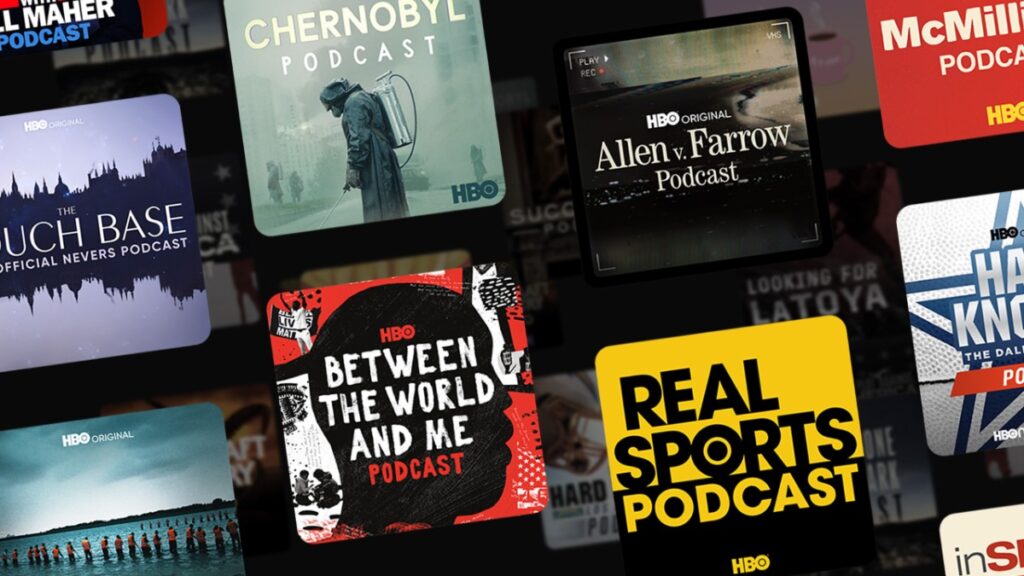
On the other hand, Scripted Originals and Audio Dramas are charting their own course and trailblazing a path that’s a win-win for creators and consumers alike.
Rami Malek’s ‘Blackout’ (an apocalyptic thriller, now into its second season) and Cynthia Erivo’s ‘Carrier’ (a sci-fi thriller) stand out as extraordinary audio experiences that prove you don’t really need the heft of large studios.
But, Marvel seems to have its own little game plan with Wolverine (starring Richard Armitage as Logan), Marvels (Silver Surfer vs Galactus anyone?), and the recent launch of Marvel’s Wastelanders – set in the Old Man Logan Universe with a keen focus on Wolverine, Star-Lord, Hawkeye and Black Widow.
In some cases, podcasts have made the switch from audio to full blown visual content in Serial – The Case Against Adnan Syed, Limetown, Lore and Homecoming.
It’s an exciting time for fans of the medium. But in the end, you’ll have to ‘Toss a Coin To Your Witcher’. What?! It’s catchy!
Join the Billion Dollar Club
With narcissistic creatives stuck at home – including actors/comedians/architects (yeah, I’m adding myself to the list) – over the past year and a half, there’s only a finite amount of time you can spend inside your head.
There needed to be an outlet and most turned to the wonderfully lucr *cough*ative world of podcasting. Who would have thought that the Podcasting Industry needed Hollywood? What a shocker! Aided by the pandemic, the podcasting space has morphed into a whole new kind of beast.
‘Smartless’ is an excellent case in point! Now an Amazon Original, the show raked in a cool $80 Million, and the latest episode will be available a week before other podcast services.
At least some have had the good fortune of tapping into that billion-dollar industry! Yeah you read that right. Mr. World is at it again. Sheesh! Julie Miller over at Vanity Fair takes us through the Celebrities who ‘Flocked to Podcasting for Fun & Profit’. But hey! I don’t mean to complain, podcasting is serious business and I’m delighted that creators are finally getting their due.
In fact, you could and should try starting one yourself. All you need is something to talk about (duh!), a mic and a distribution platform like Anchor, and you’re good to go!
There’s a complete guide over on the Anchor website – How to Start a Podcast.
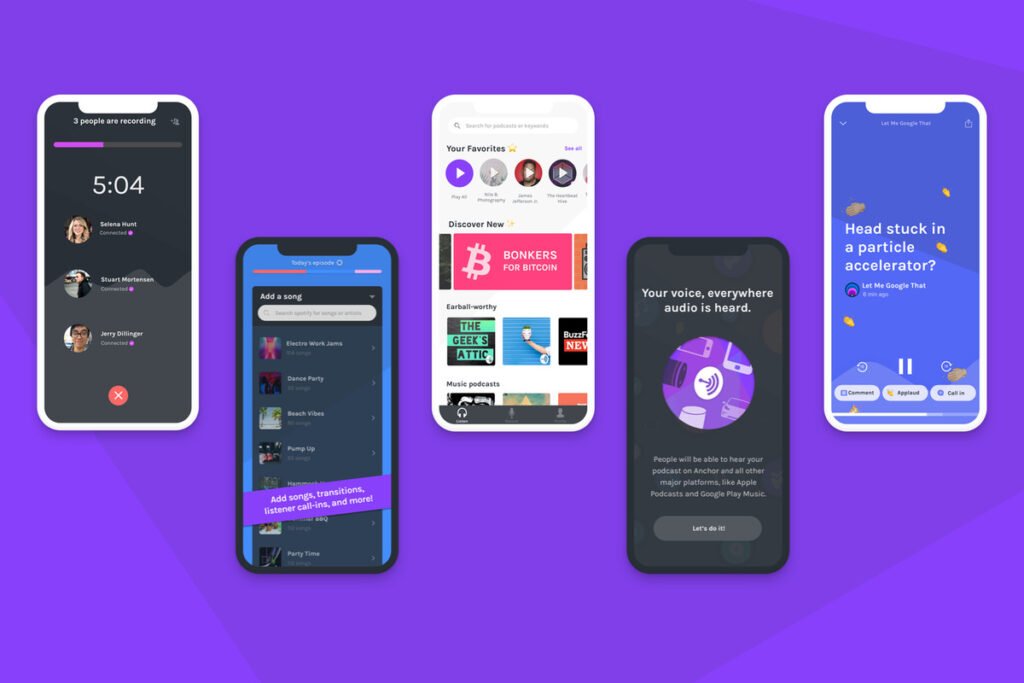
But you don’t have to follow this completely. The ideal way to record would be in person, but since the end of the world is nigh, I would recommend recording over zoom – which has multi-track support – or even trying out Zencastr.
For editing, you’ve got a ton of options! Audacity is a free open-source audio editor that should get you cranking out those episodes in no time. Alternatively, Reaper is an inexpensive powerhouse when it comes to digital audio workstations – it has a 60-day free evaluation period but can be a bit clunky and overwhelming.
And, if you’ve got a Mac, then you could start with GarageBand or even jump straight to Logic Pro.
Parth (Co-Creator over at Frndship Time, along with Ratik) has broken down his process of editing episodes which could help you out as well! 100 percent!
Where to Get Your Fix
This would have been incomplete without a vital piece of information. Where should one listen?
It may seem obvious with Apple Podcasts, Spotify and Amazon Music ruling the roost– and it’s looking increasingly likely that the three will control a large chunk of the industry – but if you’re like me and want a consolidated podcast experience, read on!
Pocket Casts (available on both Android and iOS) is one solid podcast app, that I’ve been using since 2018. While it has shifted to a subscription-based model, it should do the trick if you’re looking for a well-designed experience. Now that it’s been acquired by Automattic (the folks who own WordPress) expect some interesting updates and integrations soon.
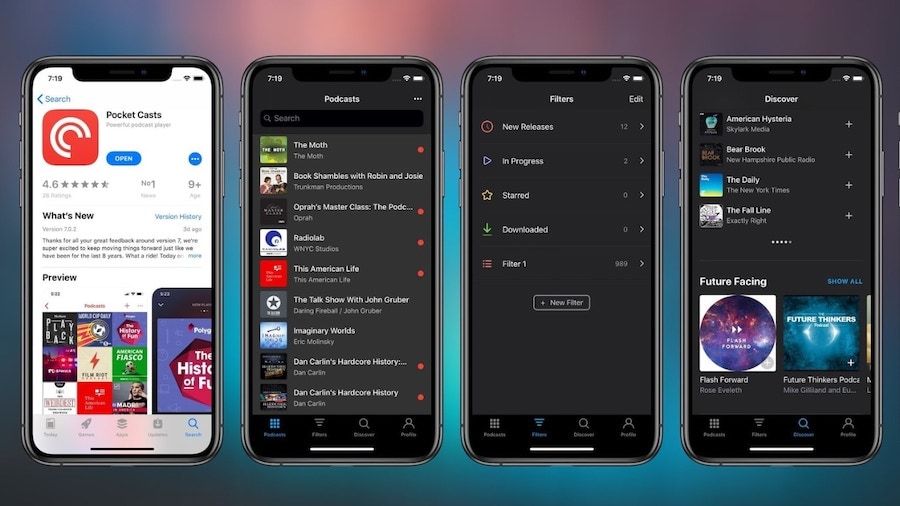
Here’s the scoop – Popular Podcast App Pocket Casts Joins Automattic.
In the midst of uncertainty – I had a Laura Moon moment. Before Pocket Casts found its new home, that is – I tried experimenting with Castro – a beautifully designed. However, this one is only available for iOS users at the moment.
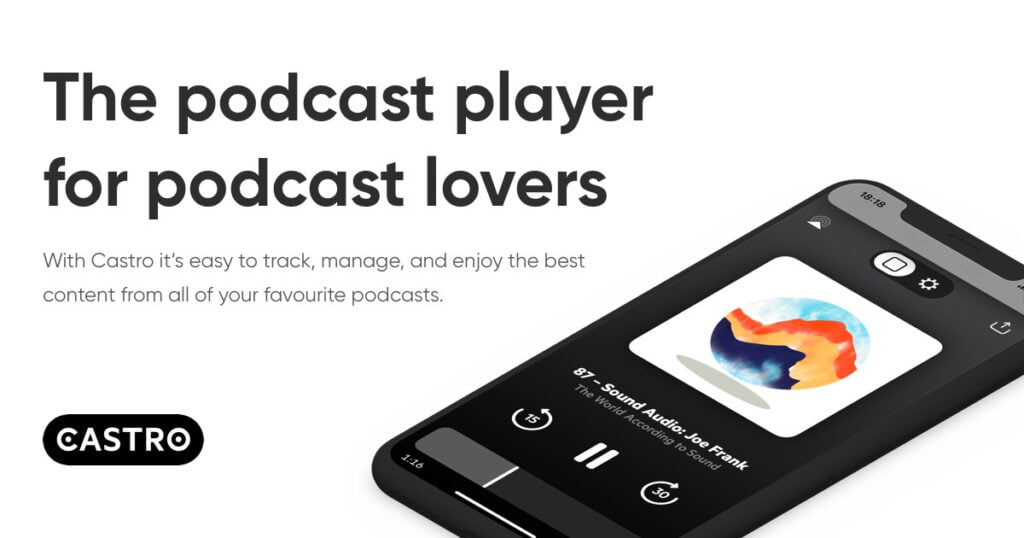
Finally for a barebones experience that works on both Android and iOS – Google Podcasts. Enough said.
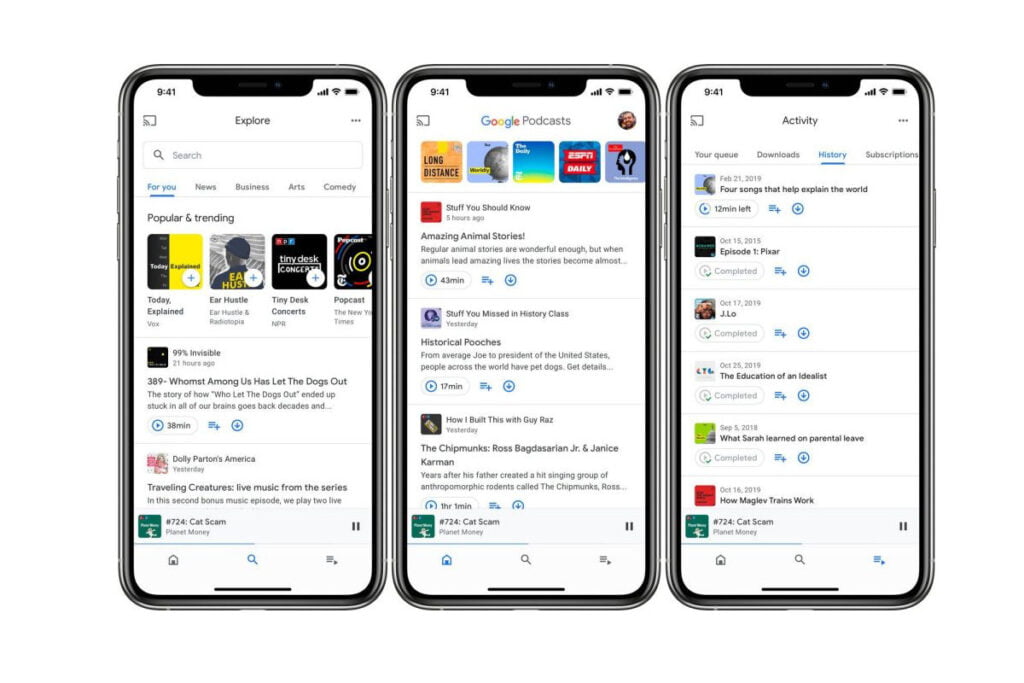
The Future is Here
First.
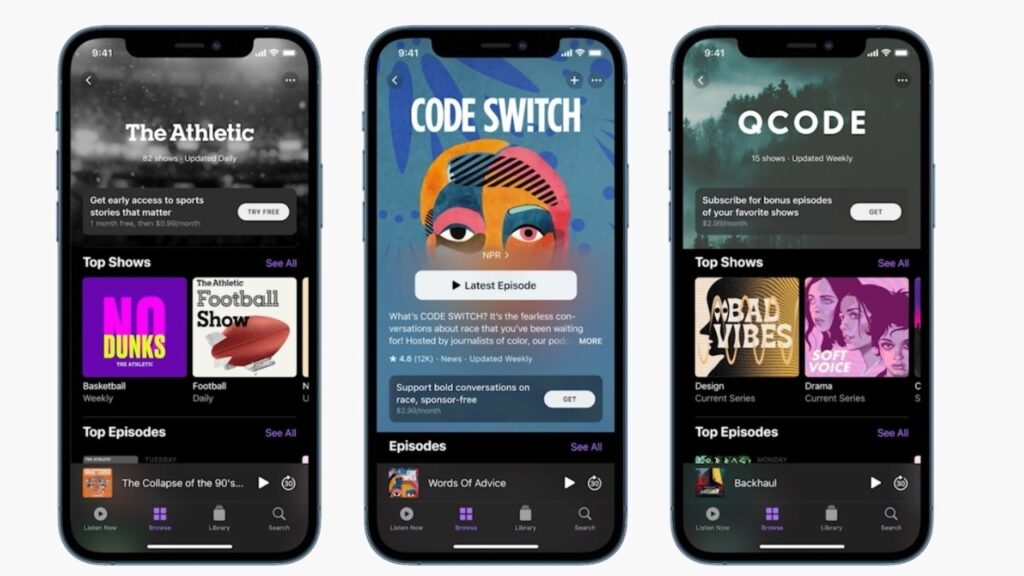
Subscriptions. Subscriptions. And more Subscriptions!
Get ready to splurge folks, because the billion-dollar industry can’t conjure up cash out of thin air. Back in 2005, Steve Jobs had called Podcasts ‘the future of audio’ and well, the man is still getting things right!
I believe Apple’s subscription model has already upended the landscape – and for the better in the long run – but shaking things up for the sole benefit of a corporate empire will piss a lot of people off. Here’s an article about it by Ashley Carman for The Verge – Apple’s Attempt at Podcast Subscriptions is Off to a Messy Start.
Second.

We’ll be looking at a bunch of Originals and Exclusives – Joe Rogan on Spotify or Smartless on Wondery/Amazon – that will only be available on certain apps going forward. While the quality, content and pay for creators will drastically improve, the idea of subscribing to numerous apps just for a particular show will become cumbersome and extremely annoying. You could argue that we already do that with streaming platforms like Netflix, HBO Max, Prime Video & Disney+. But, from an ecosystem that has been open to all to one that becomes fragmented, may not be everyone’s cup of tea. But who cares about the consumer right?
With exclusivity and individual subscription models, comes an added headache of distribution. And creators, this one is for you. If you’ve been using Anchor for cross-platform niceties, this could all change if Spotify decides to drop major players like Apple from their list. Unlikely to happen anytime soon, but the possibility does exist.
Third.
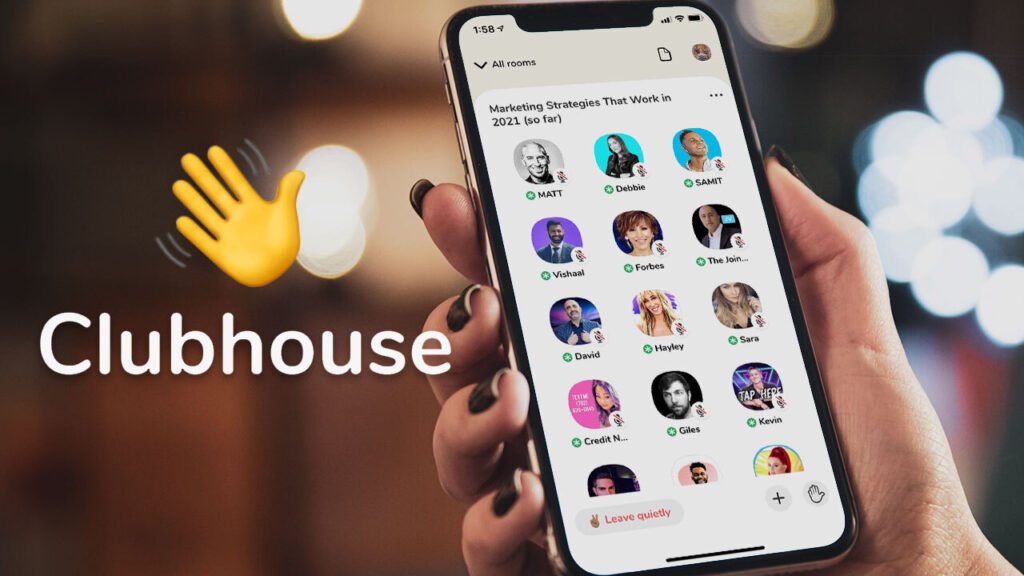
We just have to address the elephant in the room. Clubhouse.
No, this isn’t the future of podcasting. It’s long form spoken word Twitter. While helpful for events and spontaneous discussions, Clubhouse has already devolved into a cesspool of hate. Sure, there may be podcasts that do the same. But, YOU decide what you want to hear. Live audio sessions, on the other hand, can spiral out of control in a matter of seconds. Here’s an article over at The Verge: A Clubhouse Conversation has Sparked Accusations of Anti-Semitism.
And Finally.
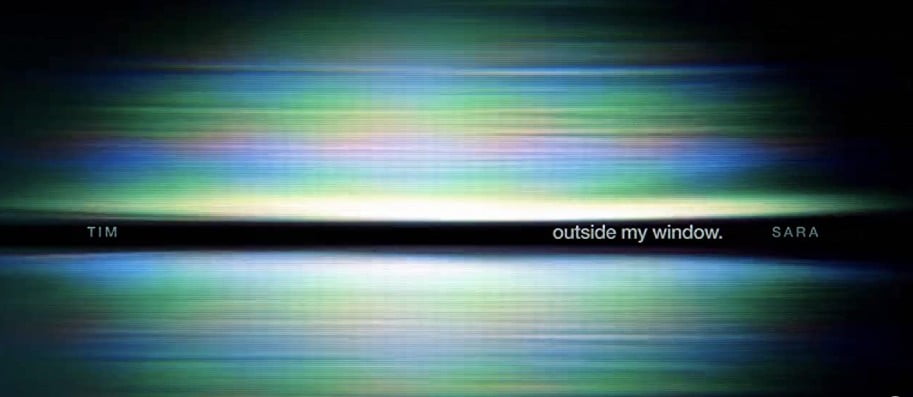
While, scripted shows and companion podcasts make the entire experience a whole lot richer and raise the level of gratification by a couple of notches, there’s still room to push the envelope.
What really blew me away was the mixed medium format – with Apple TV’s ‘Calls’. The creator seeks to capitalise on our creativity and amplify our ability to imagine new worlds – effectively serving up a unique experience to each listener.
These are exciting times for audio dramas and with ‘Calls’ we have a sure-fire winner on our hands – a true sci-fi horror series that speaks volumes without doing much and one that feeds on our own individual deep-rooted fears.
Would this have worked only as a podcast without those weird minimal visualisations? Probably not. You’ll understand soon enough. The Universe Did It.
Additional Resources
Some More Favourites!
Ratik, Parth and I talk about our love for podcasts on Frndship Time. Go give it a listen!
It’s a two Part Episode.


